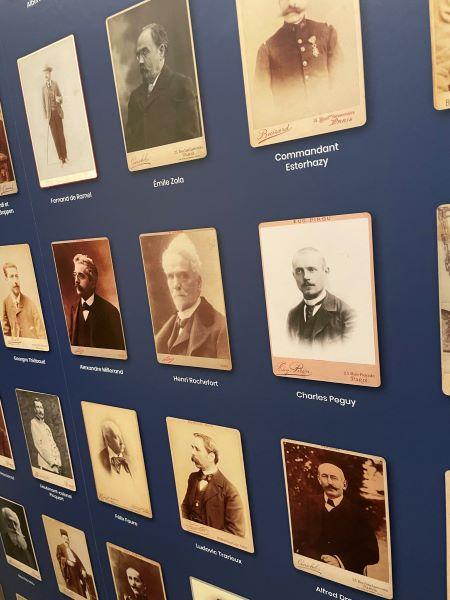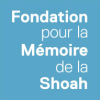Our missions
The Foundation for the Memory of the Shoah funds various projects - from books to feature films, documentaries, educational initiatives, exhibitions, research and awareness-raising - meeting its six priority goals :
- Support research into the Shoah and anti-Semitism
- Keep the memory of the Shoah alive
- Transmit the history of the Shoah in schools and at all levels of education
- Meet the specific needs of Shoah survivors
- Contribute to the promotion of Jewish culture
- Combat anti-Semitism through dialogue and knowledge.
Supporting research on the Holocaust and anti-Semitism
The History of Anti-Semitism and the Holocaust Committee backs research on anti-Semitic persecution and the Holocaust in France and abroad. Seeking to broaden the scope of its considerations, the Committee also encourages work on the 20th century’s other genocides.
In addition, it supports historiographical work and research into other areas such as literature, sociology, philosophy, art history, political science and law.
Moreover, the Foundation contributes to the dissemination of knowledge by funding publications and translations. Lastly, it participates in the conservation and processing of archives.
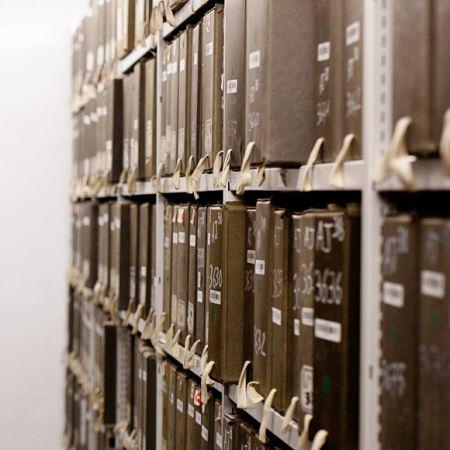
Keeping the memory of the Holocaust alive
Remembering the history of the Holocaust and its implications is a priority for the Foundation. The Remembrance and Awareness Committee therefore backs memorial initiatives (commemorations, plaques, memorial stones) and projects that transmit this history, including its little-known aspects. These include books, films, exhibitions, plays and audiovisual testimonies.
The Foundation also supports most of the major museum projects concerning the internment, deportation and rescue of Jews in France.
In addition, it contributes to the conservation and transmission of witnesses’ accounts. Since 2004, the Foundation has published a series of Holocaust testimonies. It also supports the activities of the Union of Auschwitz Deportees Auschwitz Survivors’ Union and the French Committee for Yad Vashem, which produce essential work on memory and education.
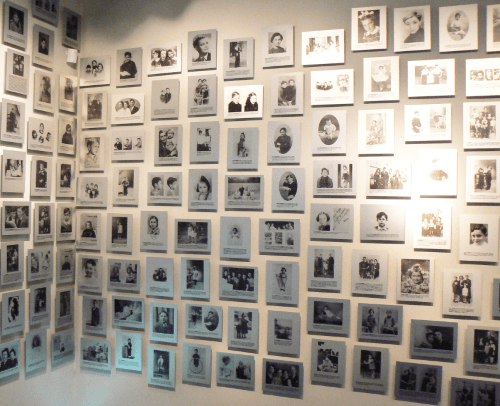
Teaching the history of the Holocaust in school
The Foundation supports transmitting the history of the Holocaust to schoolchildren. Through the Holocaust Education Committee, it funds the implementation of educational programs geared towards the students’ level and the organization of training courses to help teachers address the topic in class. As a partner of the Concours national de la Résistance et de la Déportation, it participates in the creation of educational resources.
The Foundation funds many school trips to memorial sites in France and Europe. Special attention is paid to the preparation of these trips and to the reports and work done afterward.

Meeting Holocaust survivors’ specific needs
Solidarity with Holocaust survivors and those who suffered anti-Semitic persecution is one of the Foundation’s top priorities. The Solidarity Committee funds programs set up by social and medical institutions. They aim to meet Holocaust survivors’ needs by offering them specific services: listening, orientation, psychological support, financial assistance for people in need, home care services, support services for individuals with Alzheimer’s disease and assisted-living facilities. The Foundation also works to reduce survivors’ social isolation by funding organizations offering them group activities and cultural events.
Approximately 3.000 Holocaust survivors may benefit from these specific services. Today, the goal is to reach as many of them as possible at a time when their needs are growing.
Furthermore, the Foundation provides assistance to survivors in Israel and Eastern Europe, particularly those in the most critical situations, via programs set up by charitable organizations.
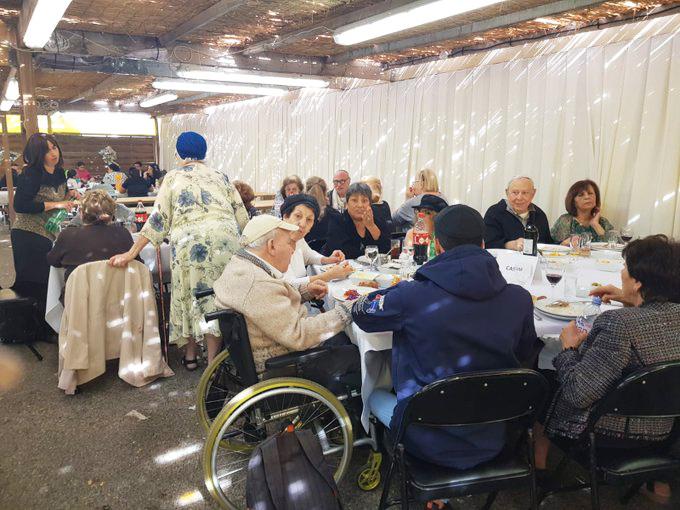
Contributing to the promotion of Jewish culture
From the outset, the Foundation has been committed to transmitting and making the best possible use of the thousands-year-old legacy of Judaism, entire segments of which were annihilated during the Holocaust.
It supports all the diverse aspects of Judaism, with a special emphasis on education, to ensure the transmission of Jewish culture from generation to generation. It thus supports training programs for teachers, directors of youth movements, and pedagogical projects for Jewish and Talmud Torah schools.
More broadly, the Foundation also helps to promote Jewish culture by funding cultural events, classes and conferences for the general public. It is especially attuned to initiatives that promote Yiddish and Judeo-Spanish cultures and languages.
Lastly, it supports Jewish studies through research grants and by encouraging the translation of major Jewish texts.
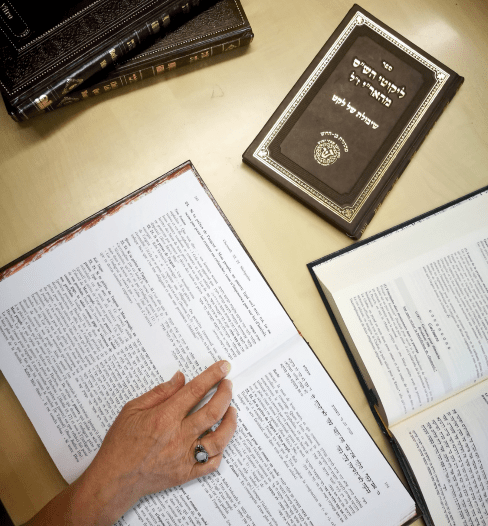
Fighting anti-Semitism through dialogue and education
Created in 2014, the Fighting anti-Semitism and supporting intercultural dialogue Committee enables the Foundation to step up its efforts in those areas.
In conjunction with its traditional teaching approach, the Foundation backs educational and grassroots initiatives that specifically target prejudice and attempts to conflate different issues. While the goal is to reach young people, the Foundation may also support events, publications and audiovisual productions (documentaries, feature films) geared to a wide audience.
The committee would like to significantly expand initiatives working to stem the spread of hate speech on the Internet and social networks.
The virulence and violence of contemporary anti-Semitism have made security a particularly significant issue. That is why the Foundation supports the Jewish Community Protection Service (SPCJ).
The committee plans to fund research and monitoring in order to identify and understand negationism, anti-Semitism and its most recent manifestations.
Lastly, the Foundation will continue to support initiatives, such as the Aladdin Project and Amitié Judéo-Musulmane de France, working to foster intercultural dialogue and mutual understanding.
